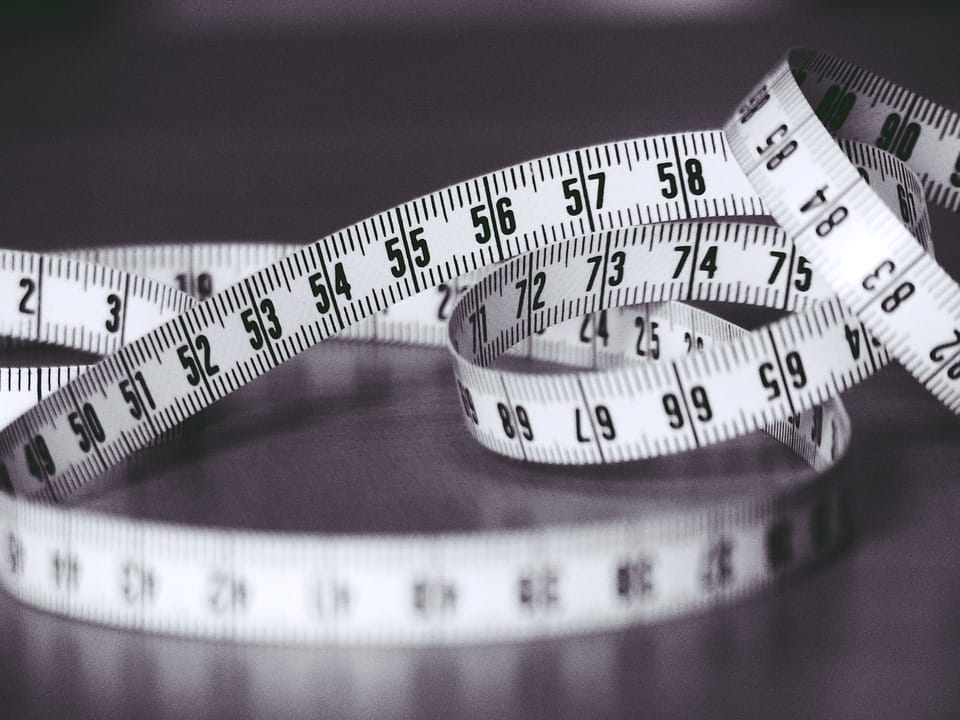Low-fat, reduced fat and fat-free foods: a healthy choice or a myth?
Replacing everything in your fridge with low-fat alternatives? You may want to think twice...

Hey, could you please grab a Greek yoghurt when you’re in Tesco? Just make sure it’s the low-fat one - thanks!”
Sound familiar? Nowadays, we’re constantly surrounded by a myriad of fat-free, low-fat and reduced fat products as the food industry’s attempt to maximise profits gains momentum – taking a toll on our health.
But why? Weren’t we taught that the less fat you eat, the more weight you lose, while reducing saturated fat improves cardiovascular health? In theory, kind of. In practice, with all the emerging products on the market promising a ‘healthier lifestyle’, this turns out to be more of a misconception than something to preach.
The first problem is the difference between the types of labels (who am I kidding, does anyone care about wording when you want whipped cream? Anyway, read on to find out).
‘Reduced fat’ foods - 25% less fat than the regular counterpart
‘Low-fat’ – less than 3g of fat per serving
‘Fat-free’ – less than 0.5g fat per serving
Labelling can hence be extremely misleading – take cream cheese, for example. A reduced fat one still contains more than 3% of fat (and thus a high fat food), but we buy it, thinking it’s a lean choice.
Next: what do these modified foods really contain? Since the fat content is limited, they must be prepared differently than the original. A common technique is replacing animal fats with unsaturated vegetable oils; sounds healthy, right? However, their structure is often altered in order for their properties to suit the product’s purpose, in a process called hydrogenation.
This greatly increases the levels of trans-fats: the unhealthiest kind due to their artificial nature and lack of potential to be utilised in the body.

You may be wondering why modified products still taste good – after all, flavour is eliminated. Well, to keep the food edible, sugar levels are amped up like crazy in reduced fat products. This results in not only a potentially higher calorific content, but also in elevated blood sugar levels and subsequent risk of type II diabetes or cardiovascular disease. Various additives and chemicals may also be incorporated. So much for ‘healthy eating’.
The simplest argument for avoiding these products is that fats (despite all those Daily Mail rumours), are actually good and necessary, as long as they’re the right type.
Healthy fats provide essential fatty acids such as omega-3 or -6, which are used for making cell membranes, hormones, neurons in the brain and central nervous system, and more. Ingestion of these is vital because the human body cannot synthesise these itself, so if you’re trying to lose weight this way, you’re losing your mind. Literally.
The conclusion? Read the label before you buy modified fat options to see what it is being replaced by, and decide whether it’s worth it. Hint: if you can’t be bothered or don’t understand half the ingredients, it might be easier to just stay away from them altogether. Full-fat Babybel, here we come!








